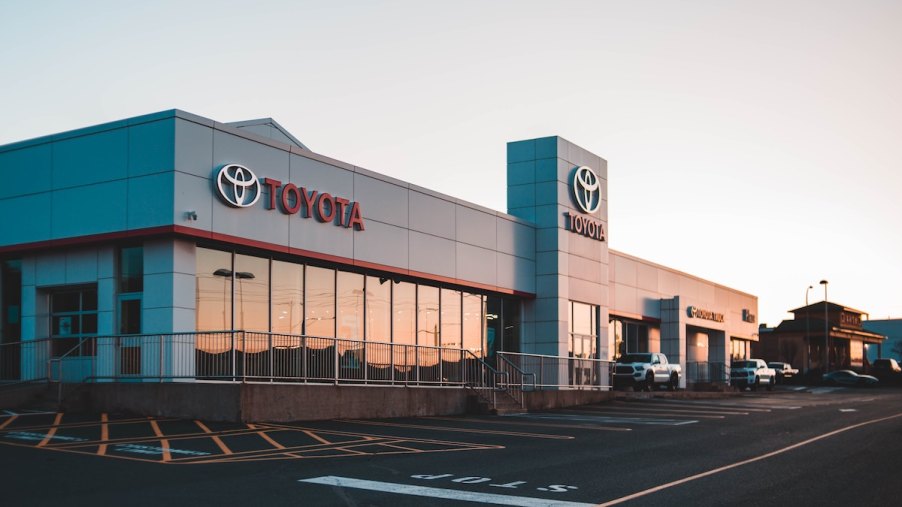
An Interesting Area Car Dealerships Think Is Holding Back Business
The automotive industry remains a cornerstone of the global economy, and for new car dealerships, the business environment is an ever-evolving landscape filled with both opportunities and challenges. From emerging technologies to consumer preferences, various factors impact their performance and growth. However, a recent survey by the Cox Automotive Dealer Sentiment Index (CADSI) for the second quarter of 2023 has brought to light some intriguing factors that dealerships believe are holding back their businesses.
What are some of the factors holding back business?
The survey, as one would expect, named several obvious factors, such as the overall economy, fluctuations in interest rates, and shifting consumer demand, as some of the top reasons. Yet, surprisingly, the political climate emerged as the seventh biggest factor impacting their businesses. The Q2 CADSI states, “Political Climate also significantly increased, although it ranks 7th on the list of top factors, behind Expenses which was 6th.”
The survey, though, didn’t dive into the specifics or give any context to this reasoning. It’s worth unpacking this finding and exploring why car dealerships might feel this way.
Having a better understanding of the impact of the political climate
Politics can often feel like an unexpected entrant in discussions about the automotive industry, but it’s undeniable that policies and political climate do influence the sector’s performance. Here are a few possible reasons for the dealers’ concerns:
Regulation and legislation: Laws regarding emissions, fuel efficiency, and safety standards can significantly impact the types of cars sold and the car dealership business. Changes in these laws, or uncertainty about potential changes, could be contributing to dealers’ concerns.
Trade policies: Import and export policies can also significantly impact the cost of vehicles and parts. Changes in these policies, or even uncertainty about them, can affect the pricing of vehicles and thereby impact dealership sales.
Investment in infrastructure: Political decisions about investments in public infrastructure like roads, bridges, and public transportation can have a direct impact on the demand for cars, trucks, or SUVs.
While these potential reasons are non-partisan and don’t tie directly to any particular political party, they reflect the broader sense of uncertainty that often comes with shifts in the political landscape.
Navigating the intersection of politics and automotive business
The CADSI Q2 2023 report, while expectedly shedding light on the key factors influencing car dealership businesses, has intriguingly highlighted the significance of the political climate in the mix. It’s a reminder that businesses don’t operate in isolation.
While this area is often overlooked, it’s evident that car dealerships are acutely aware of the broader socio-political environment in which they operate. To navigate these challenges effectively, dealerships will need to stay informed, adaptable, and proactive in their strategic planning. Understanding the potential impacts of political shifts is an essential component of this planning process. The insights from this report provide valuable food for thought, even as they underline the need for further research into how these factors interact with each other.



